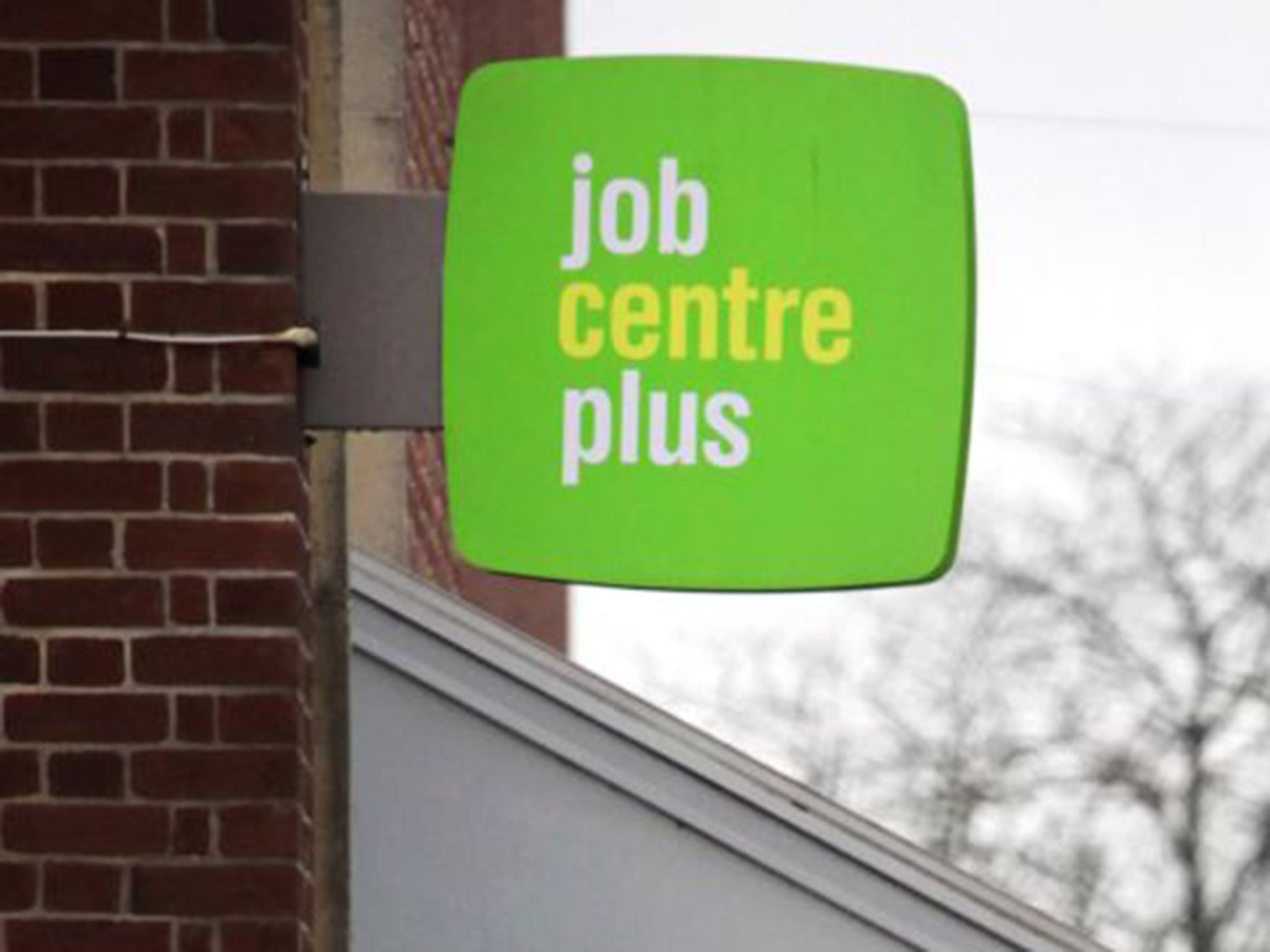After the election: What will Britain's financial future look like on 8 May?
As the UK braces itself for the election, Felicity Hannah asks industry experts what the next government might mean for voters’ pockets

Taxes
We asked Richard Murphy, director of Tax Research, how the various tax pledges might affect households:
Conservatives
* Raise the personal allowance to £12,500 and the 40 per cent tax threshold to £50,000
* No rise in VAT or national insurance
* Remove tax for those earning minimum wage and working up to 30 hours a week
* Increase inheritance tax threshold to £1m for married couples and civil partners
“Both personal allowance rises are of the biggest benefit to those earning above the UK average pay of £26,000. The poorest benefit little from rising allowances.”
Labour
* Abolish “non dom” status
* No rise in VAT, national insurance or income tax
* Bring back the 50 per cent top rate
of tax for those earning £150,000 or more
* Introduce a “mansion tax” on homes worth more than £2m
“Abolishing non-dom status is a contentious move that does, however, create a level playing field on tax for all in the UK. Dispute rages on whether it will raise money or not.”
Lib Dems
* Charge non-doms more, raising up to £130m
* Raise income tax threshold to £12,500 a year
* Tax homes worth more than £2m
* Reduce tax avoidance and increase tax on corporations
“Raising the income tax threshold is a massively expensive policy when, if the aim is really to help those on the lowest pay, the money would be much better spent on benefits.”
SNP
* Bring back the 50 per
cent top rate of tax for those earning £150,000 or more
* Get rid of non-dom status
* Tax bankers’ bonuses
* Crack down on tax
avoidance
* Implement a mansion tax
“Since many of these [bankers’] bonuses continue to be funded by quantitative easing, this makes economic sense.”
Ukip
* Hike personal allowance to £13,500 a year
* Abolish inheritance tax
* Cut business rates for small firms
* Introduce 30p tax band between around £45,000 and £55,000
“Abolishing inheritance tax only benefits the richest 10 per cent, while the 30p tax band would be a tax cut for the rich to be paid for by huge cuts in government services.”
Greens
* Crack down on tax dodging
* Introduce a financial transaction tax on banks
* Tax bankers’ bonuses
* 60 per cent income tax for those earning over £160,000
* Wealth tax on those worth £3m
“Eleven countries in Europe [have a transaction tax]. It’s time we did too.”
Plaid Cymru
* Increase national insurance to same level as income tax
* Reintroduce the 50 per cent top rate of tax
“This means raising the national insurance contribution start point – taking a lot of people out of NIC. The trouble is, it also takes them out of the old-age pension.”
Pensions
David Brooks at the pensions adviser Broadstone, investigated the parties’ pensions pledges:
Conservatives
* Greater freedom for investing and spending
Pension savings
* Protect universal benefits such as bus pass and free TV licence
* Maintain the “triple lock” on the state pension
“[This is] largely a commitment to continue with the status quo. The biggest announcement was their pledge to roll back tax relief on those earning over £150,000, which would be a further erosion of the position of pensions and the thin end of the wedge.”
Labour
* Reform the pensions market to protect savers
* Maintain the triple lock
* Restrict winter fuel allowance for richest pensioners
* Reduce tax relief for wealthier pension savers
“Further tinkering would devalue the perception of pensions just when much has been done to make them more attractive.”
Get a free fractional share worth up to £100.
Capital at risk.
Terms and conditions apply.
ADVERTISEMENT
Get a free fractional share worth up to £100.
Capital at risk.
Terms and conditions apply.
ADVERTISEMENT

Lib Dems
* Maintain the triple lock
* Complete single-tier pension
* Maintain free bus passes
but scrap winter fuel payment and free TV licence for higher rate taxpayers
“The only party to maintain the commitment to allow people to sell an annuity that has already been purchased. This sounds great in theory but the risks of the individual selling a valuable asset for a poor value are high.”
Ukip
* Proposes a "retirement window" starting at 65
* Let workers defer retirement for a higher state pension
“Some progressive thoughts, with the proposal to allow people to retire early on their state pension, in particular, an idea welcomed by the industry as one that reflects the movement towards greater flexibility with pensions.”
SNP
* Maintain the triple lock
* Support a single-tier £160 pension
* Seek a review of plans to increase state pension age
* Protect winter fuel allowance
Mr Brooks is critical of the party’s plans to lower the age at which Scottish citizens can retire and raise starting pensions to £160 a week. “[This] will prove expensive for the nation and a clear area of friction between Scotland and the rest of the country.”
Greens
* “Citizens’ pension” of £180 a week, pegged to average earnings
* Free prescriptions for all
* Protect bus pass and winter fuel allowance
“The Greens would legislate for a higher state pension from April 2016 (the single-tier pension) – up to £180 a week. [This] may ignite a debate on what sort of pension is affordable for the nation while providing for a basic quality of life.”
Plaid Cymru
* “Living pension” for all
* Look at flexible pension rights for the self-employed
* Support early access to pensions
“Again a smaller party has announced something radical, with a proposal to allow more flexible pensions for self-employed people. The early-access idea is one well worth examining as our nation’s working practices change.”
Welfare and employment
Dan Finn, professor of social inclusion at the University of Portsmouth, gives his opinion on the parties’ welfare and employment pledges:
Conservatives
* Welfare bill cut by further £12bn
* Household benefit cap reduced further, from £26,000 to £23,000
* Jobseeker’s allowance for 18 to 21-year-olds would be switched to a “youth allowance”, with no automatic housing benefit for the age group
* Aim for full employment among those willing to work
* Fund 3 million more apprenticeships
* Thirty hours of free childcare a week to working parents of three and four-year-olds
“The Tories plan to change out-of-work benefits for young people, including limiting the time to claim and no automatic housing benefit. This could lead to youth homelessness; what happens if they are not in touch with their families?”
Labour
* Under-25s to be guaranteed a job after one year of unemployment, other adults guaranteed a job after two years
* Scrap the “bedroom tax”
* A cap on overall spending on welfare
* Review rollout of universal credit
* Raise minimum wage to more than £8 an hour by 2019
* Offer an apprenticeship to every school-leaver who gets the grades
* Extend free childcare to 25 hours a week for working parents of three and four-year-olds
“This looks like a return to the New Deal. For example, the under-25s job guarantee mirrors what Gordon Brown proposed in 1997 It’s expensive and will struggle to attract private employers.”

Lib Dems
* A “yellow card” system to warn people before benefits are sanctioned
* An end to bedroom tax unless tenants refuse a smaller home
* Benefit increases capped at 1 per cent a year for two years
* Raise the number of apprenticeships available
* Extend reserved paternity leave to a full six weeks
* Extend free childcare to all two-year-olds
“Despite committing to roll out the omnishambles that is universal credit, they also commit to having an independent review of the living wage and to government agencies paying that by 2016. That’s a positive move and starts to deal with the other side of the welfare question, which is what happens to people in work.”
SNP
* Scrap the bedroom tax
* Stop rollout of universal credit
* Support a cost-of-living rise in child benefit and tax benefits
* Increase minimum wage to £8.70 by 2020
* Lower national insurance costs so that businesses can afford to create more jobs
“All we’re being told is what they are against, not what they are going to do. And that’s important as they will be getting greater devolved powers over welfare.”
Ukip
* Restrict child benefit to two, UK-based children
* Get rid of the bedroom tax
* Five-year wait before immigrants are entitled to benefits
* A lower cap on benefits
* Let British businesses choose to employ British citizens first
“Apart from the xenophobia and the continued concern about migration, there was one weirdly interesting idea in there: to fund advisers to work in food banks and convert them into community advice centres.”
Greens
* Consult on a “basic income” – a fixed amount that every person receives
* Scrap the bedroom tax and work capability assessments
* Increase minimum wage to £8.10 and to £10 by 2020
* Ban zero-hours contracts
“There is a lack of recognition that to build a functioning benefits and welfare system, we need sanctions as well as rights.”
Plaid Cymru
* Scrap bedroom tax
* Review use of benefit sanction
* Opposes cap on welfare spending
“The one manifesto that actually addresses the issue of creating a devolved employment and benefits system. One of the big policy agendas post-election is going to be localism and devolution, yet this is the only manifesto to mention the future role of Job Centre Plus.”
Property and mortgages
Ray Boulger, of the mortgage adviser John Charcol, looked over the housing market pledges:
Conservatives
* Extend the “right to buy” scheme to 1.3 million housing association homes, offering discounts of up to 70 per cent
* Build 200,000 new discounted homes for first-time buyers
“It is ridiculous to offer discounts as high as 70 per cent, which will devastate the ability of housing associations to build properties because the quality of the security they can offer lenders is badly devalued if they are forced to sell at a huge discount.”
Labour
* Build 200,000 new homes a year by 2020
* Make local first-time buyers the priority in new housing developments
* Guarantee three-year tenancy agreements and caps on rent increases
* End stamp duty for new buyers on homes worth up to £300,000
“Stamp duty might be a vote winner, but it has the problem that it does nothing to address lack of supply.”
Lib Dems
* Boost housebuilding to 300,000 a year and create 10 garden cities
* Deliver 30,000 “rent to own” homes by 2020, allowing renters to gain equity in their property
* Greater control of insulation in private rented properties
“A nice thought but 300,000 [a year] is in cloud cuckoo land any time this decade and probably the next as well. One policy which is practical and viable is rent-to-buy. This is effectively forced saving but will work for some people who might otherwise not have the financial discipline to save the deposit, with the carrot being a discount off the normal market price if the tenant decides to buy.”

Ukip
* Remove stamp duty on the first £250,000 for new homes built on brownfield land
* Prioritise social housing for locals
* Build 1 million new homes on previously developed land by 2025
“The policy to build 1 million new homes is a challenging but more realistic target than [those promised by] other parties.”
SNP
* 100,000 affordable homes to be built across UK
* Continuing support for its Help to Buy scheme
* No age-based restrictions on housing benefit
“The SNP says it will continue its current Help to Buy equity share scheme for new-build property. However, unlike the English scheme, the funding in Scotland has been inadequate to meet demand, which has restricted its ability to achieve its twin aims of stimulating the building of new homes and helping [new buyers].”
Greens
* Build 500,000 social rental homes by end of parliament
* Cap rent and ensure five-year tenancies
* Abolish right-to-buy
* Revamp 350,000 empty homes
* Abolish landlord perks such as mortgage interest relief
“The proposal to stop buy-to-let investors from being able to offset what is often their biggest cost against their income, as happens in any other business, would quickly result either in rents rising – or, if that was prevented by the Greens’ policy of rent caps, many landlords exiting the market.”
Plaid Cymru
* Boost households’ energy efficiency to lower bills
* Implement rent controls
“Plaid Cymru has included several ideas for investigation but it is short of detail. Like Labour, it wants to introduce rent controls, although even in respect of this, the detail is not fleshed out.”
Join our commenting forum
Join thought-provoking conversations, follow other Independent readers and see their replies
Comments
Bookmark popover
Removed from bookmarks